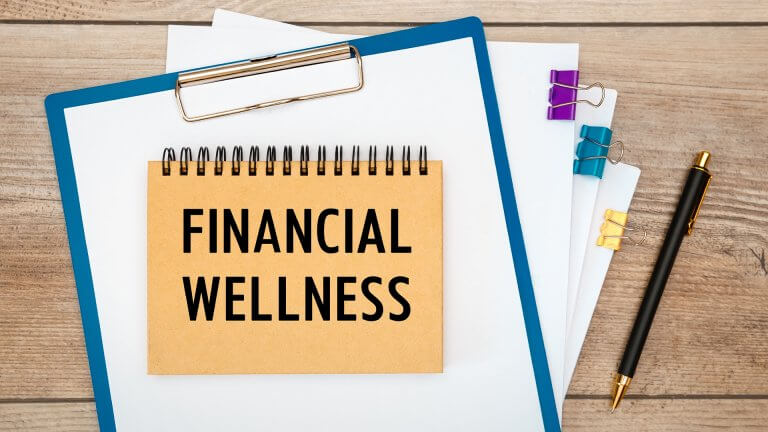Making financial decisions can be difficult, especially when there are many risks involved. One way to help mitigate financial risk is to perform due diligence. Due diligence is gathering information about a potential investment or purchase to make an informed decision. Doing your homework can reduce the chances of making a poor decision that could cost you financially. In this blog post, we will discuss the role of due diligence in reducing financial risk.
What is due diligence?
Due diligence is investigating a potential investment or purchase to make an informed decision. Individuals or organizations can perform this research, and it often includes financial analysis, legal research, and interviews with experts. Due diligence aims to reduce the risk of making a bad investment or purchase.
The role of due diligence in reducing financial risk
1. Due diligence can help you avoid making a bad investment
Due diligence is essential because it can help you avoid making a bad investment. By doing your homework, you can learn about an investment’s potential risks and rewards before you commit your money. This knowledge can help you make a more informed decision about whether or not to invest. Also, if you do decide to invest, due diligence can help you choose a better investment in the future. Therefore, due diligence can help you avoid making a bad investment by making you more informed about the investment.
2. Due diligence reveals profit potential
Startups are high-risk investments, so you must do your research before investing. You should look into the company’s business model, management team, financial situation, and industry. For instance, does an up-and-coming online retailer use FedEx and UPS audit software to monitor shipping costs? Doing so is a prudent financial move, whereas companies that pay a premium for shipping are wasting money. In addition, you should talk to other investors and get their opinion on the startup. By doing your due diligence, you can make a more informed decision about whether or not to invest in a startup.
3. Due diligence can help you identify red flags
Many red flags may indicate financial risk. Some red flags include:
-The company is not profitable.
-The company has a lot of debt.
-The company has a history of lawsuits.
-The company’s management team is inexperienced.
If you see any of these red flags, it is vital to do more research to determine if the investment is worth the risk. By doing your due diligence, you can identify red flags that may indicate financial risk. Hence, due diligence can help you avoid making a bad investment.
4. Due diligence can help you negotiate better terms
If you consider investing in a company or purchasing a product, you can use due diligence to your advantage. By doing your research, you will be better positioned to negotiate better terms. For instance, you may get a more favorable price on an investment opportunity if you can show that the company is not as profitable as it claims to be. Or, you may be able to get a better warranty on a product if you can show that the product has a history of problems. You can negotiate better terms on an investment or purchase by doing your due diligence.
5. Due diligence can help you avoid fraud
Fraud is a serious problem, and it can happen to anyone. By doing your due diligence, you can help avoid becoming a victim of financial fraud. For instance, if you consider investing in a company, you should check to see if the company is registered with the SEC. You should also be wary of companies that promise guaranteed returns or require you to wire money. By doing your due diligence, you can avoid fraud.
Performing due diligence does not guarantee that you will never make a bad investment, but it can help reduce the chances of making a mistake. Due diligence is an integral part of any financial decision, especially when there are a lot of risks involved. If you are considering an investment or purchase, do your homework and research the risks before deciding.






















